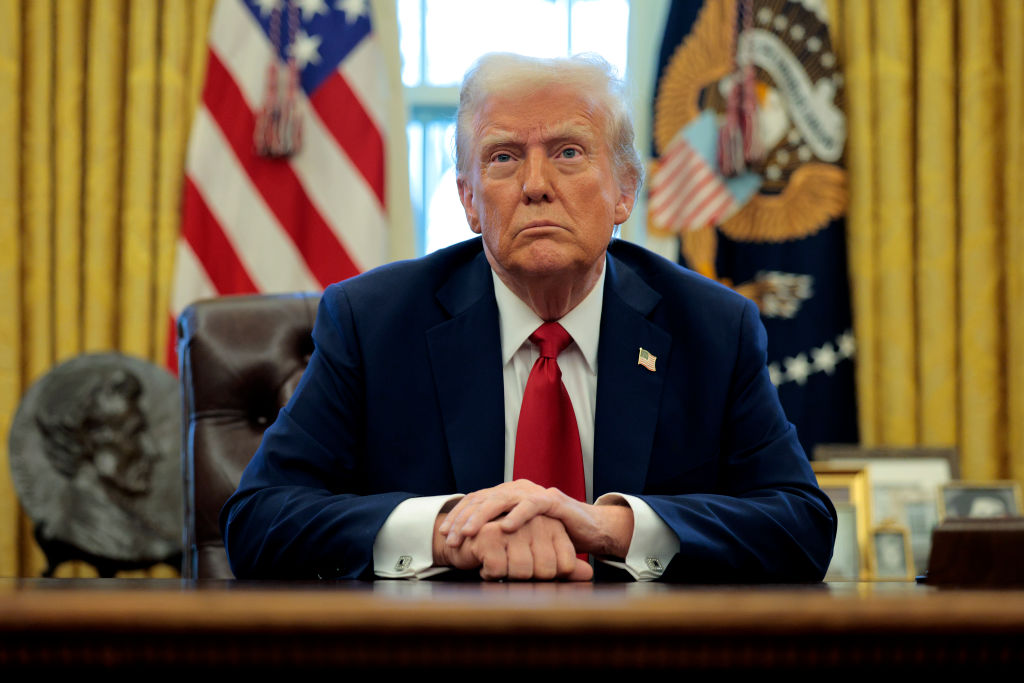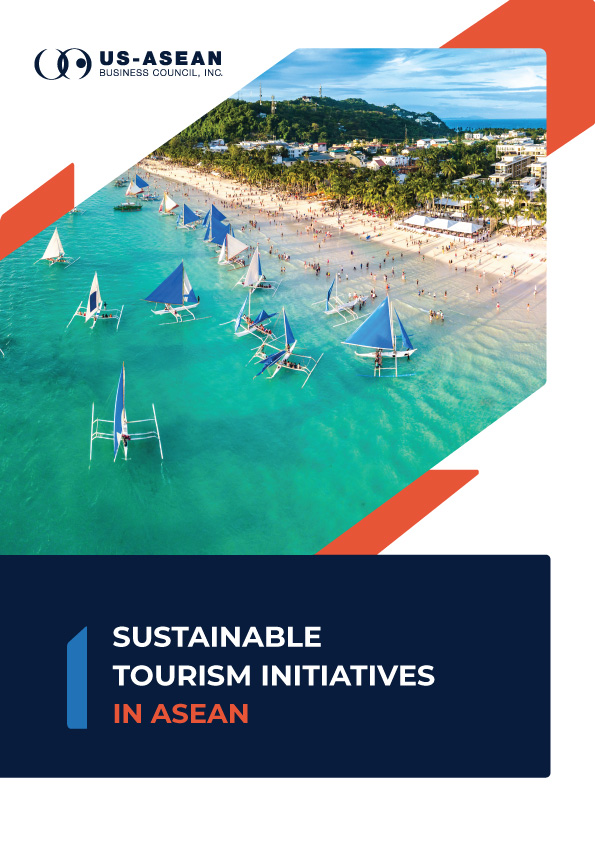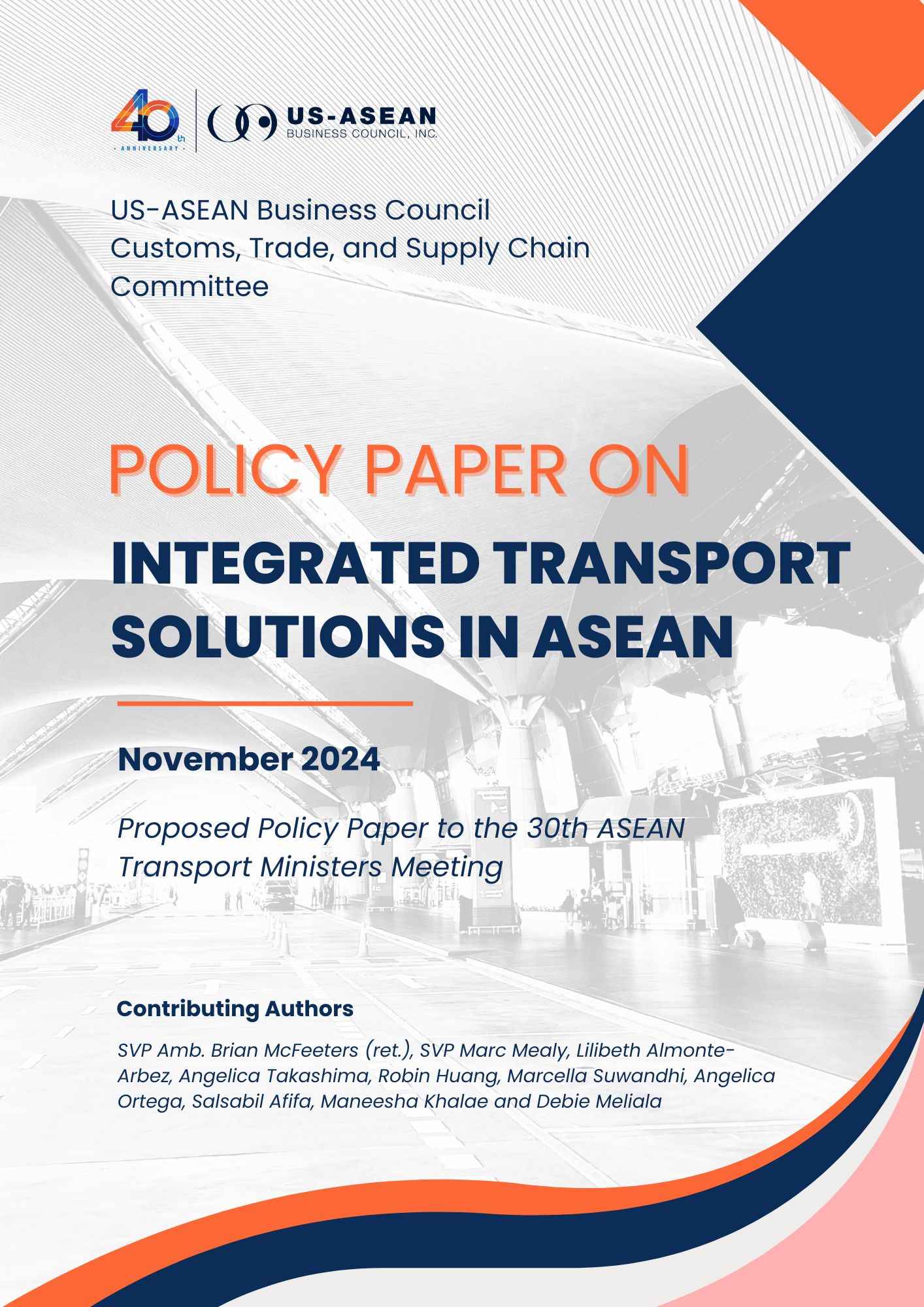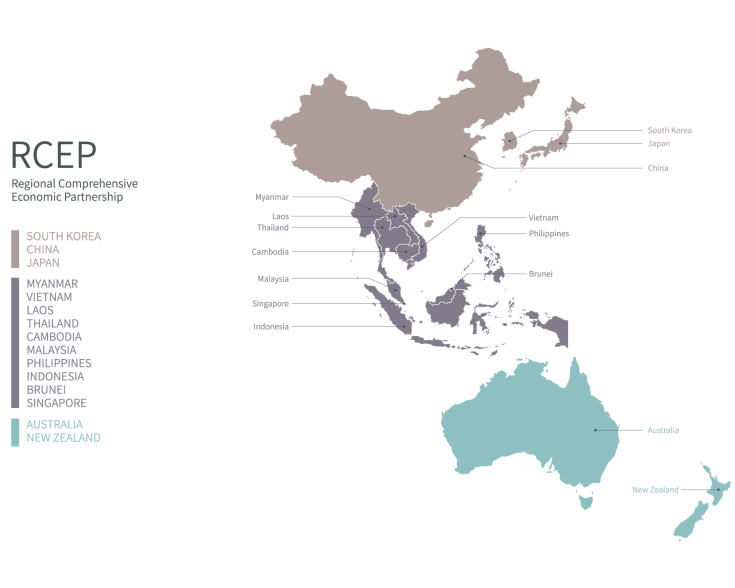Southeast Asia’s high level of trade agenda in 2024-2025 Bilateral FTA network expanded
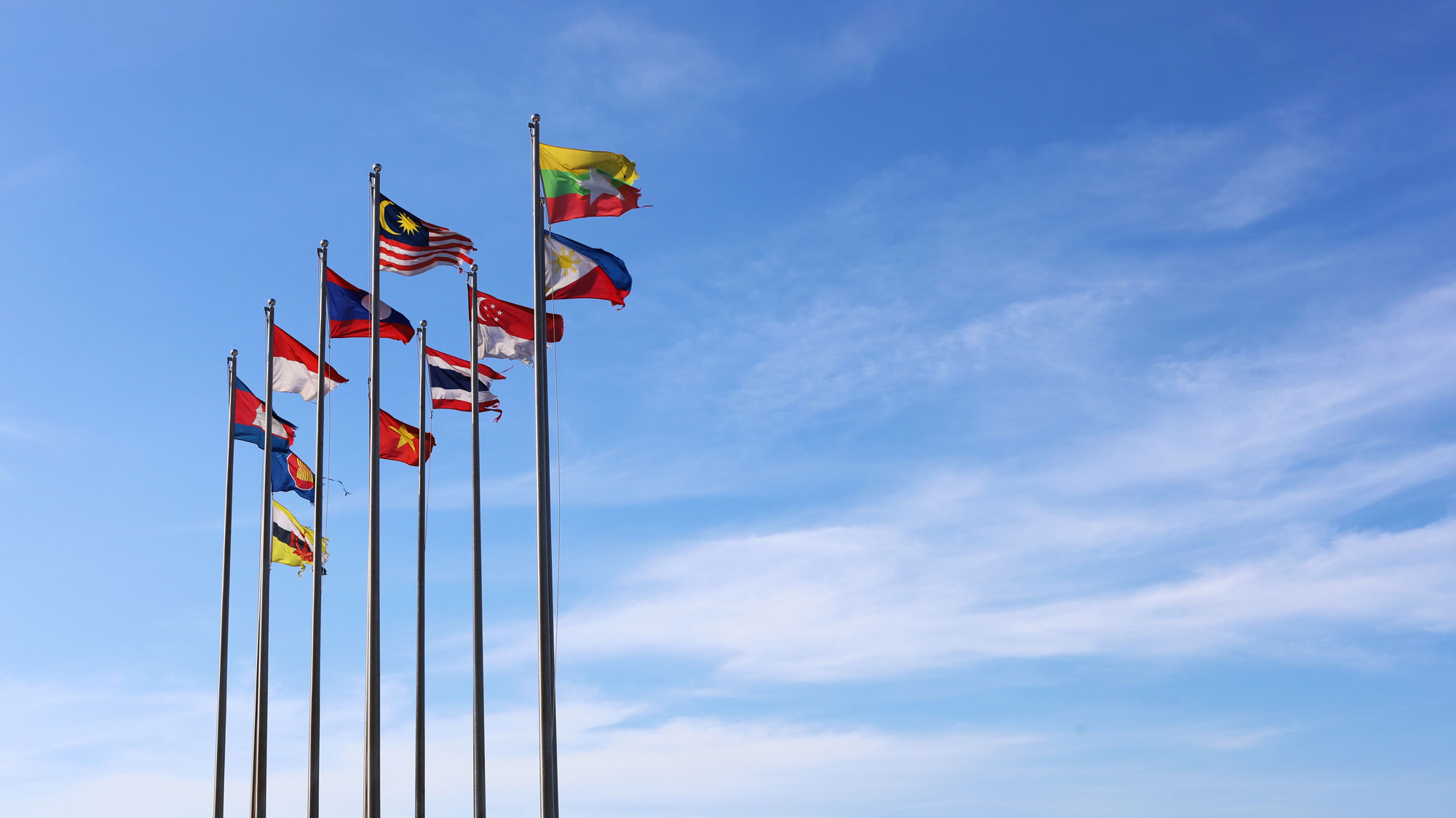
In 2024, the bilateral FTA network between Southeast Asia and their partner countries got busy. ASEAN recently announced the “substantial conclusion” of the ASEAN-China Free Trade Area (ACFTA) 3.0 which includes new areas of cooperation, including green and digital economy. ASEAN expects to sign ACFTA in 2025.
A number of bilateral free trade agreements were concluded and signed, some entered into force. On November 30, negotiations on the Thailand-EFTA Free Trade Agreement successfully concluded following two years of talks, marking a significant milestone in Thailand's trade history as its first FTA with European countries. On 28 October 2024, Vietnam signed with the UAE a Comprehensive Economic Partnership Agreement (VN-UAE CEPA), closely following Cambodia-UAE CEPA which entered into force on 31 January 2024. The Philippines and the Republic of Korea completed domestic ratification procedures in September and November for the PHL-ROK FTA. Upon implementation, Korea will grant preferential duty-free entry on 11,164 Philippine products accounting for $3.18 billion or 87.4 percent of total Korean imports from the Philippines. Touted as a win for Agriculture, Philippine bananas and processed pineapples will enjoy gradual reduction to zero tariffs in 5 and 7 years, respectively under the FTA. Tariff reductions are also in store for fresh seafood, fruits, nuts, sugar, fresh and processed food beverages, pastry and tobacco products.
Negotiations with the EU also picked up steam. Thailand and the European Union (EU) aims to complete a much-anticipated free trade agreement (FTA) by 2025. The fourth round of talks was held on November 4, 2024. The EU and Indonesia held its 19th round of negotiations for a Free Trade Agreement (FTA) July 2024.
Indonesia initiated negotiations for a free trade agreement between the Gulf Cooperation Council (GCC) and had its first round on September 9–13, 2024 in Jakarta. In Geneva, Malaysia pushed on with the16th round of negotiations from 4 to 8 November 2024 with the EFTA States – Iceland, Liechtenstein, Norway and Switzerland – for negotiations towards an economic partnership agreement (MEEPA).
Existing agreements fine-tuned
Existing agreements were fine-tuned such as the ASEAN Trade in Services Agreement (ATISA) and the Korea-Singapore Free Trade Agreement (KSFTA) for better implementation. On 9 March 2024, ASEAN adopted the ASEAN Services Facilitation Framework (ASFF) during the 30th ASEAN Economic Ministers (AEM) Retreat. This aims to increase transparency of measures and information on ASEAN Member States’ services domestic regulations, building on the ASEAN Trade in Services Agreement (ATISA), which entered into force in 2021 and progressively converted market access commitments under ASEAN Framework Agreement on Services (AFAS) to a negative list approach. As a result of AFAS, ASEAN has become a net exporter of services and increasingly attractive for Foreign Direct Investment (FDI). To promote Good Manufacturing Practices under the Korea-Singapore Free Trade Agreement (KSFTA) which entered into force 2006, Singapore’s Health Sciences Authority and ROK’s Ministry of Food and Drug Safety (MFDS) signed an MRA, easing the regulatory burden on pharmaceutical and biologics manufacturers in Singapore and ROK by reducing duplicative GMP inspections of manufacturing plants by both regulatory agencies. Furthermore, Hong Kong Customs extended the scope of service of the Free Trade Agreement Transshipment Facilitation Scheme (FTA Scheme) to cover transshipment cargoes from the Mainland of China to Myanmar via Hong Kong on 1 October 2024.
WTO (World Trade Organization) still relevant
Lao PDR also engaged the multilateral trading system and deposited their instrument of acceptance in May 2024, of the Agreement on Fisheries Subsidies at the World Trade Organization, joining five other ASEAN countries Brunei, Cambodia, Malaysia, the Philippines, Singapore who are members of this Agreement. Timor-Leste also accepted the Protocol in August 2024. As of December 2024, Indonesia, Myanmar, Vietnam, and Thailand have not deposited their instruments of acceptance. Adopted by consensus at the WTO's 12th Ministerial Conference (MC12), held in Geneva on 12-17 June 2022, the Agreement on Fisheries Subsidies sets new, binding, multilateral rules to curb harmful subsidies, which are a key factor in the widespread depletion of the world's fish stocks. In addition, the Agreement recognizes the needs of developing and least-developed countries and establishes a fund to provide technical assistance and capacity building to help them implement the obligations.The Agreement prohibits support for illegal, unreported and unregulated (IUU) fishing, bans support for fishing overfished stocks and ends subsidies for fishing on the unregulated high seas.
More interest in Regional Agreements
Regional Comprehensive Economic Partnership (RCEP)
Nearly 3 years since into effect, RCEP is looking at improving utilization and expanding membership. In June 2024, Chile applied to join RCEP while in October 2024, the Bangladesh Ministry of Commerce sent letter of approval to join RCEP to the Bangladesh Foreign Ministry. RCEP is the world’s largest FTA by members’ GDP. It covers 2.3 billion people or 30% of the world’s population, contributes US$ 25.8 trillion about 30% of global GDP, and accounts for US$ 12.7 trillion, over a quarter of global trade in goods and services, and 31% of global FDI inflows. All ten (10) ASEAN countries are members of the Regional Comprehensive Economic Partnership (RCEP) which entered into force on 1 January 2022.
Comprehensive and Progressive Agreement for Trans-Pacific Partnership (CPTPP)
In September 2024, Indonesia submitted a formal request to join the Comprehensive and Progressive Agreement for Trans-Pacific Partnership. Costa Rica, China, Taiwan, Ukraine, and other economies have also applied to RCEP. On December 15, the UK officially became a member of CPTPP, its biggest post-Brexit trade deal. This marks the first expansion of the agreement, the first CPTPP member from Europe, and increases access from 510 million to 540 million people, members’ GDP from 12% to 15% of world’s total.




